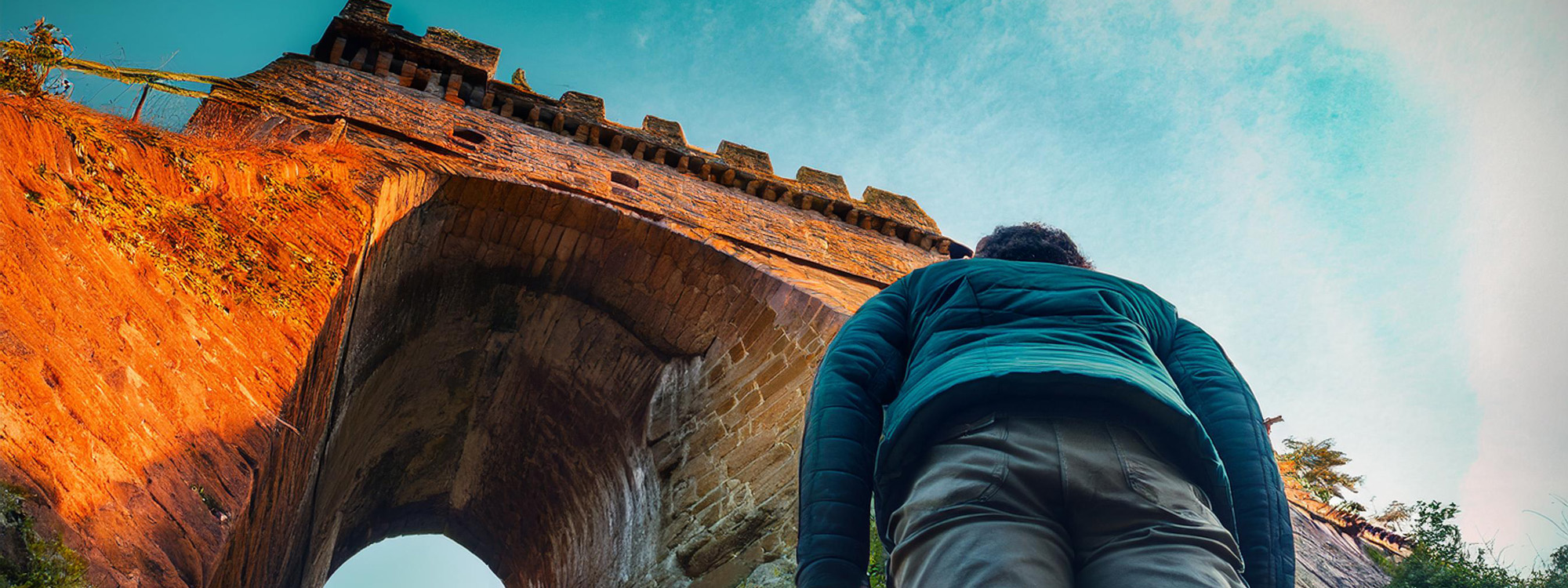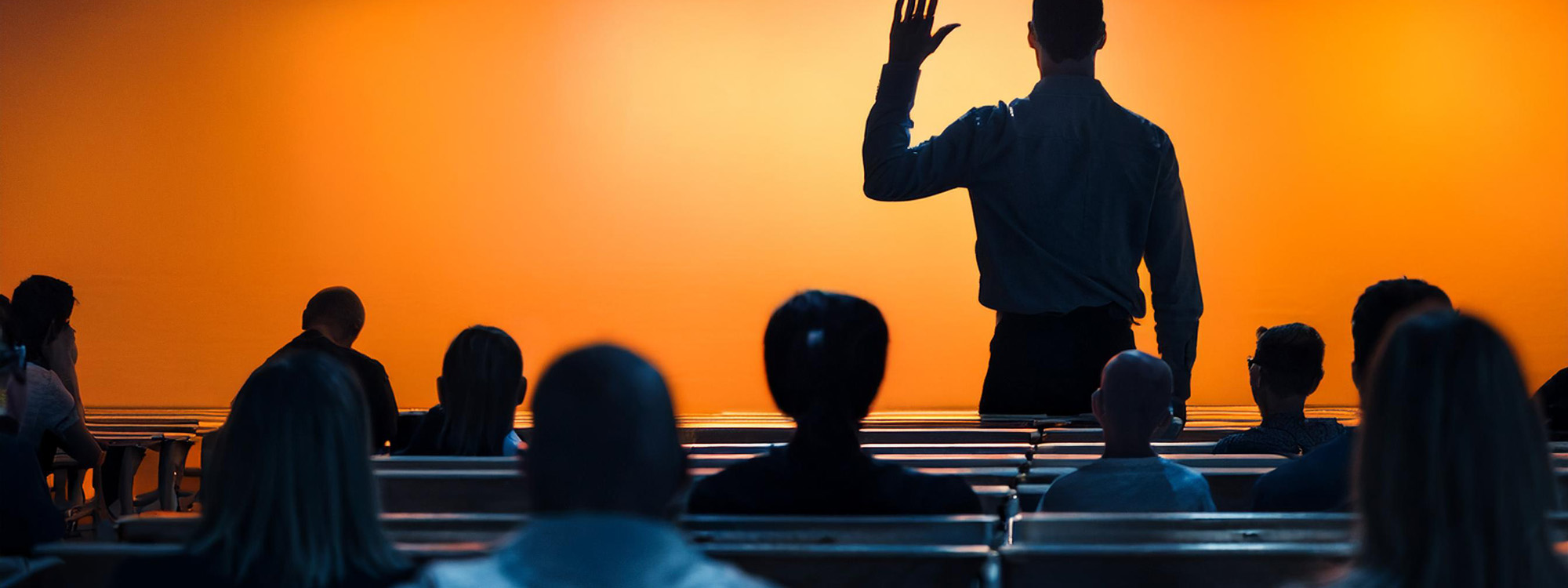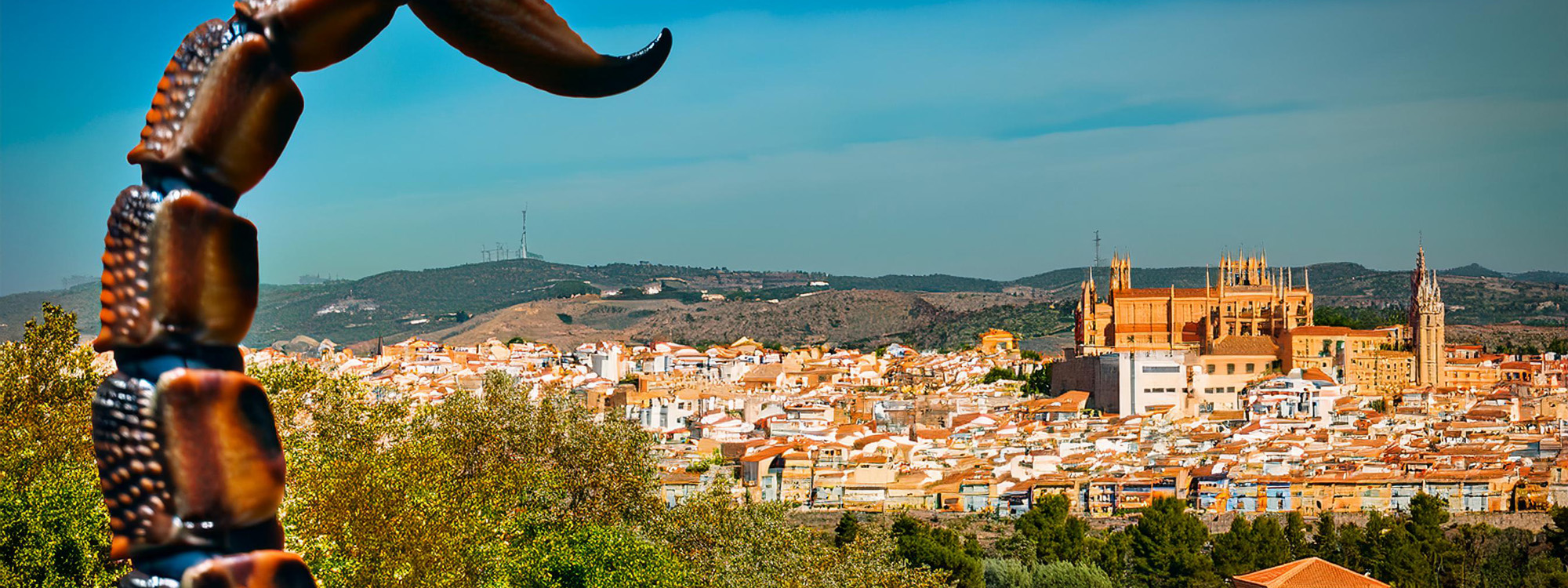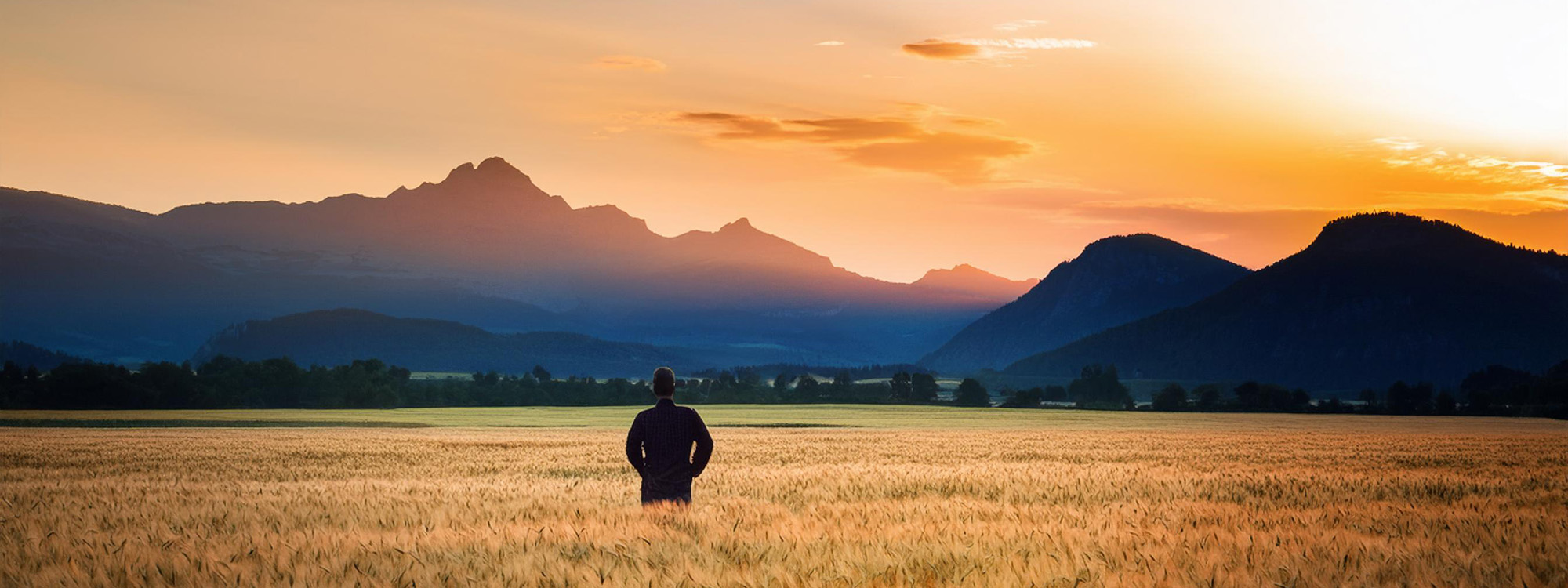| |
Twitter recently prohibited referring to pedophilia as an orientation or identity. Could this actually harm kids? Recently, Twitter amended their terms of service to prohibit referring to pedophilia as an orientation or even as an identity. (Specifically, they explicitly prohibit and may ban your account for "promoting or normalizing sexual attraction to minors as a form of identity or sexual orientation.")
To which you might respond... "Uhhhhh, yes? Of course? They hadn't done that before?"
And yes, most people would think that it's about damn time Twitter stops talking about pedophilia as an orientation. But notice that it refers to attraction, not to acts. Among pedophiles, it's infuriating because so many already feel alone, and it shuts down all conversation about who we even are. In other words, the reactions are mostly what you'd expect, and everyone can walk away hating Twitter a bit more like they usually do.
My question is different. Is it possible this decision will actually harm kids?
I know it sounds crazy, but stick with me. I don't think the case is clear for either side.
When I mentioned the rules change to a friend I'm out to, we had an illuminating discussion where we came at it from entirely different angles. He was in the "about damn time" camp, worried about how easy it would be for discussions of pedophilia as an "orientation" to justify child sexual abuse. He was saying, with good justification, that this decision is about helping kids. But he listened to my alternate take. I don't know if I persuaded him, but he came away thinking about it in a new way.
But before I get to that, I want to take a step back. I'm frustrated with one-sided opinions, so I'm going to really think about Twitter's decision, and what impact it might have, from both sides of the argument.
So, why should Twitter prohibit talking about pedophilia as an identity?
A lot of my pedophile friends have their own theories. Maybe "they're shutting down speech due to public pressure," or "they're laying the groundwork so we can't claim protection for our sexual orientation." I don't want to dive into the minds of Twitter executives, though. I just want to ask if it's the right decision, and yes, there are lots of legitimate reasons why they should do it.
First of all, it is absolutely true that discussions of pedophilia as an orientation can be conflated with pro-adult/child sex stances. Almost all of the discussion society has had about accepting different orientations has focused on accepting consensual sexual acts. It's the premise of the "love is love" slogan, it's the premise of the central fight for gay marriage, and so on. At least in the US, most of the laws that were seen as anti-gay were about prohibiting the act of sex, and early Supreme Court cases in favor of LGBTQ folks were about legalizing gay sex. So yes, to many people, arguing for pedophilia as an orientation feels like an argument that child molestation should be permitted.
"But that's not what I mean to say!" says the non-offending pedophile trying to keep a Twitter account. And they're right from a strictly technical perspective: calling it an orientation has nothing to do with if it's moral to act on their desires.
Unfortunately, that's not the way the real world works. Talk about orientations doesn't take that nuance into account. What is a positive in the LGBT movement ("we're born with it, so let us experience love") doesn't translate well to discussions about pedophilia. Some people would take "it's an orientation" as "adult/child sex is ok." People who wanted to use those words to justify adult/child sex could do so, and maybe some might believe them. It's not an idle fear.
Finally, keep in mind that Twitter has to run a platform here. There's no doubt that arguments around pedophilia being an orientation would be used by some people to promote adult/child sex. If you want to keep that off the whole platform, banning the mention of orientations is an effective way to do it. Most importantly, it provides a bright line: otherwise there can be lots of grey area comments that it's very hard to effectively or consistently police. Twitter can't just think "what is the right thing to do." They have to ask, "what is the thing we can actually do at scale?"
You might find that all pretty convincing. I think the friend I spoke with was thinking something along those lines. However, while it might be the right decision for them as a company, I still don't think it's right for the overall good.
First of all, the question of if pedophilia is an "orientation" is a scientific one that is under active professional debate (for example, see articles: [pro](https://pubmed.ncbi.nlm.nih.gov/22218786/), [pro](http://jaapl.org/content/42/4/404?ijkey=38c6be556efc1386bebbde7eafc827645c807d28&keytype2=tf_ipsecsha), [pro](https://journals.sagepub.com/doi/10.1177/1529100616637616), [con](http://jaapl.org/content/48/2/146)). Ultimately, this probably boils down to the definition of orientation; there is some evidence that pedophilia [has its onset early and is stable over time](https://www.kein-taeter-werden.de/uploads/stability-of-sexual-fant2016.pdf), and that it might be associated with [pre-natal testosterone exposure](https://www.ncbi.nlm.nih.gov/pmc/articles/PMC4478390/). If it is a stable attraction caused before birth, does that count as an orientation? That depends on what an "orientation" even is, exactly! However, open discussions of this topic seem both important and appropriate.
Besides, what if a newspaper writes a story about this research? Say the Wall Street Journal discusses pedophilia as an orientation based on the work of these scientists. Are they not allowed to tweet about it now?
Moreover, consider the scientists doing this research. These are not fringe journals discussing these questions; the citations above come from Frontiers in Human Neuroscience, Psychological Science in the Public Interest, Archives of Sexual Behavior, Journal of the American Academy of Psychiatry and the Law, etc., and from a variety of researchers at universities across the world. These are academics genuinely trying to understand these topics, but they can't tweet about their papers and neither can anyone else, they can't answer questions about it on Twitter, they can't recruit study participants. Why? Because talking about their work would be discussing pedophilia as a sexual orientation!
So one of my big problems with the decision is that they are effectively cutting off discussion on a topic that is of genuine scientific interest and activity. A part of me is offended that, say, climate denialism is allowed but talking about an open and important question about human sexuality (and preventing child abuse) is not. Worse, they're actually taking a side. You can tweet all you want to say that pedophilia is not a sexual orientation, but if you tweet that it is (which many researchers would!) you might be banned. In a way, it would be better to just prohibit any discussion of pedophilia one way or another, rather than implicitly taking one side of an active scientific discussion—one that the folks at Twitter are not qualified to take.
However, that is not my main argument. My main argument is that this decision harms kids. I think it will lead to a greater number of viewers of child pornography and maybe also abusers of children.
Consider a kid, say, thirteen or fourteen years old, who is just realizing that they're a pedophile. They go online to look for information, help, something. What do they find?
If Twitter allows posts from supportive people who are committed against adult/child sex, then kids can find those people. They can find communities and role models that help them find safe, appropriate outlets. If they can't, then they are much more likely to dig deeper, and by doing so, fall into communities that normalize the viewing of child pornography or child molestation. My complaint is essentially that Twitter is banning the good guys who are trying to get their message out. When kids can't find the good guys, they find the other guys.
I can't be more serious about this. I've personally helped a number of people break away from viewing child pornography, some of whom were minors themselves, and almost all of whom started as young teens. I've talked to people who were pressured to provide sexual images of themselves (when they were minors) in exchange for child pornography. Lives are profoundly affected when someone can't find supportive people to talk to. This decision could seriously harm a lot of kids, especially at the scale of Twitter.
Twitter's decision doesn't come in a vacuum. Facebook requires you to post under your real name, so no one is going to speak up there. Medium has already decided that pedophiles cannot write there. (There was once a supported community of posters, but outside pressure ended the arrangement.) There are not a lot of other places easily found by search engines where people could find and get help.
And to be fair, Twitter's decision doesn't technically prevent someone from tweeting about pedophilia. You're just not allowed to call it an "identity" or an "orientation." Would you get banned for talking about being a non-offending pedophile? It's hard to tell. Is that an identity? It's hard to tell.
At the beginning of this post, I said that the case isn't clear for either side. It rarely is. But regardless of your perspective, I hope you've seen some subtlety.
I obviously have a side, and yes, to me, the downsides of prohibiting scientific discussion and making it harder for people to find safe communities and good role models by far outweigh the dangers of conflating the attraction with acting on it. Encouraging child abuse must be forbidden, but pushing good people to the shadows makes things worse.
*Postscript 1:* I've heard another argument, that open pedophiles on Twitter put kids in danger of being groomed. This I find pretty ridiculous: in almost all cases, if kids are being groomed, it is by adults initially pretending to be children with normal Twitter accounts or a friendly "normal" adult, not from adults discussing their attractions openly.
*Postscript 2:* In fact, social media platforms have changed their rules a lot over time. For a summary of both perspectives, see [this article from VICE](https://www.vice.com/amp/en/article/zmwn43/social-media-sites-cant-decide-how-to-handle-non-offending-pedophiles).
You can find the original article, along with reader comments (and the opportunity to leave your own) at Leonard's blog. | |






 thread: things you're overlooking
thread: things you're overlooking review: manticore
review: manticore disorder? orientation? that depends on why you're asking
disorder? orientation? that depends on why you're asking